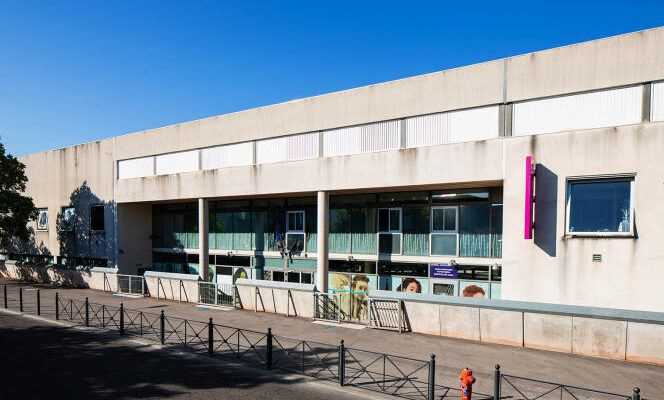A return to the abnormal
The start of the school year promises to be once again eventful at the Petit Bard, a popular district of Montpellier. Since 2015, parents of students (especially mothers) have come together to denounce the lack of social mix in the sector college. About a hundred people remain mobilized. “We would dream of stopping this fight, because that would mean that everything is back to normal, hopes Fatima, member of the collective. But there is a denial of reality by the institutions and a contempt for the people of the neighborhood. “ In June, the mothers demonstrated in the city center but without obtaining concrete solutions from the town hall or the rectorate. National education claims to be “Fully committed to the neighborhood students”. The rector of Montpellier Sophie Bégean specifies that “51,000 euros per year are invested in educational projects for the three schools in the area”.
The slingshot of mothers
A simple letter, received at the end of 2014, triggered the mobilization. He informs parents of a change in the school card: at the start of the next school year, all CM2 pupils of Petit Bard will have to register at Las Cazes college, one kilometer from the neighborhood. But the establishment, in under-capacity, suffers from an unflattering image, unlike the François-Rabelais college, further north, where most parents in the area prefer to send their children. The latter is especially more mixed, compared to Las Cazes, 95% frequented by pupils of Moroccan origin coming from the Petit Bard. “We did not want our children to follow each other from kindergarten to the end of college, without discovering each other’s culture and living together, without mixing or opening up”, denounces Fatima. As a sign of protest, the mothers of the neighborhood blocked the college for two weeks in May 2015.
Meetings at the top
After the town hall, the rectorate and the departmental council, the matter went up to the Ministry of National Education. In December 2016, Minister Najat Vallaud-Belkacem met the protesters before the ceremony organized on the occasion of the change of name of the establishment, which became the Simone-Veil college (a change “Facade”, according to the mobilized). In May 2018, Emmanuel Macron cites the mothers of the Little Bard as an example in his speech on the suburbs and meets them in the wake. Since 2015, the college has especially regained its attractiveness, thanks to new options (performing arts, international section) and a rugby center in partnership with Montpellier Hérault Rugby, a first division club. What to give a veneer of social mix: in reality, these sectors are not very accessible to the children of the Petit Bard.
An expanding struggle
Built in the 1960s to house returnees from Algeria, this district of about 6,000 inhabitants is described as a center of protest and a culture of collective mobilization. “There is a whole history of mobilization in this district, following the actions of the Justice pour le Petit Bard collective in the early 2000s”, explains Choukri Ben Ayed, professor of sociology at the University of Limoges and specialist in questions of school segregation. This first collective, now dissolved, fought against rental evictions and the degradation of housing. The mothers of the Little Bard have taken up the torch. They even gave a national resonance to their struggle by organizing the first States General of education in working-class neighborhoods, in Montpellier, in 2017. The experience was repeated in Créteil (Val-de-Marne) in 2018 and in Stains (Seine-Saint-Denis) in 2019.
